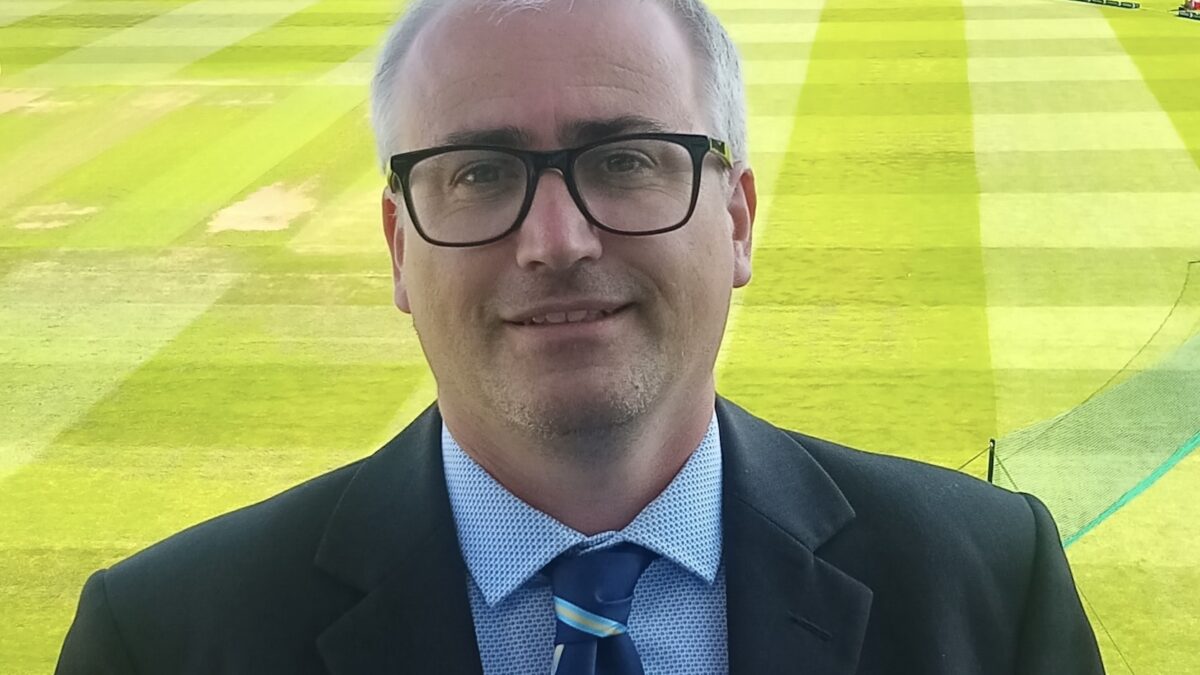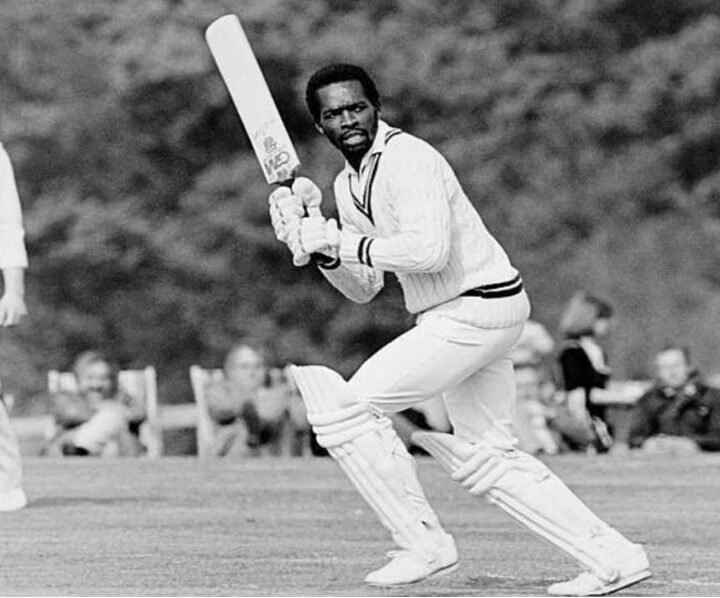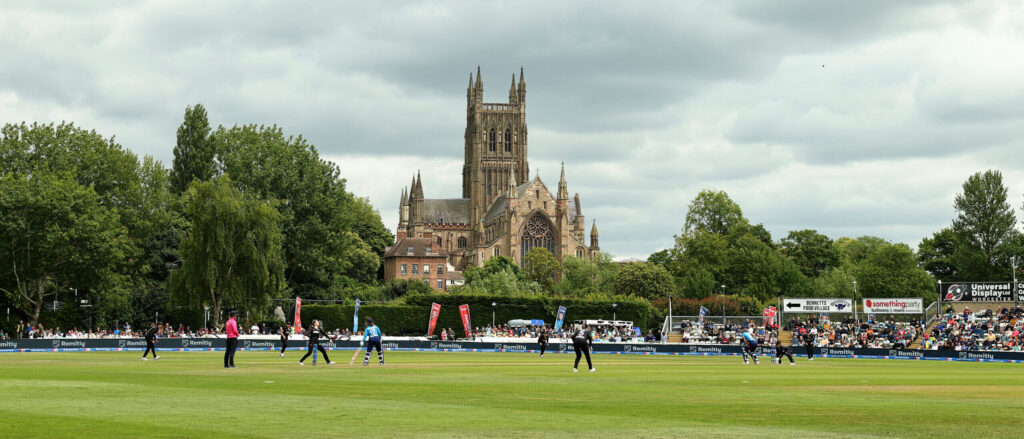
Long-standing Worcestershire scorer Philip Mellish enjoyed a memorable start to July, after he was selected to score at England’s recent test match against India at Edgbaston.
Having been involved with Worcestershire for 20 years, firstly, as the club analyst for 14 years and now as the second-team scorer, Mellish has covered first-team and academy matches in the meantime.
With countless days spent in the score box across the country over his two-decades overseeing the numbers, there have been some truly memorable moments, with many moments sticking with him that others would perhaps bypass come the end of a regular day’s play.
Mellish, was selected through an invitation from the secretary of the Association of Scorers in Professional Cricket, who is also the first-team scorer for Warwickshire.
He said the opportunity to score at the highest level is one that will stay with him forever,
“My first ever match, back in 2005, was against Lancashire in the County Championship.
“Graeme Hick was the only centurion in the match, scoring 176 in the first innings, whilst the visitors had Andrew Flintoff, who would play a crucial part in the Ashes, later that summer, James Anderson, who became England’s leading Test wicket-taker and Muttiah Muralidaran, who would go on to be the all-time wicket-taker in Test Cricket.
“Remembering moments like that probably highlight how much I enjoy what I do.”
His Worcestershire highlights include the 40-over league triumph in 2007, when, due to flooding, the club didn’t play a single home match at New Road.
Other special memories include winning the County Championship Division Two in 2017 and the T20 Blast triumph at Edgbaston in 2018.
His days in the scorers seat at Edgbaston were slightly more official than he has experienced at other levels of cricket, but that only added to his crucial job!
“Overall, it was a very enjoyable experience. I had to be at the ground for 8 am, so I had plenty of cups of coffee before the start of play.
“The major difference from county cricket, was that the third umpire is responsible for calling no-balls.
“When that happens, it is relayed to the on-field umpires and is then signalled to the scorers, so concentrating on what happens out in the middle is an absolute must.”
A fine achievement indeed, and lovely to see some more representation for Worcestershire on the International stage – keep it up Philip!
















